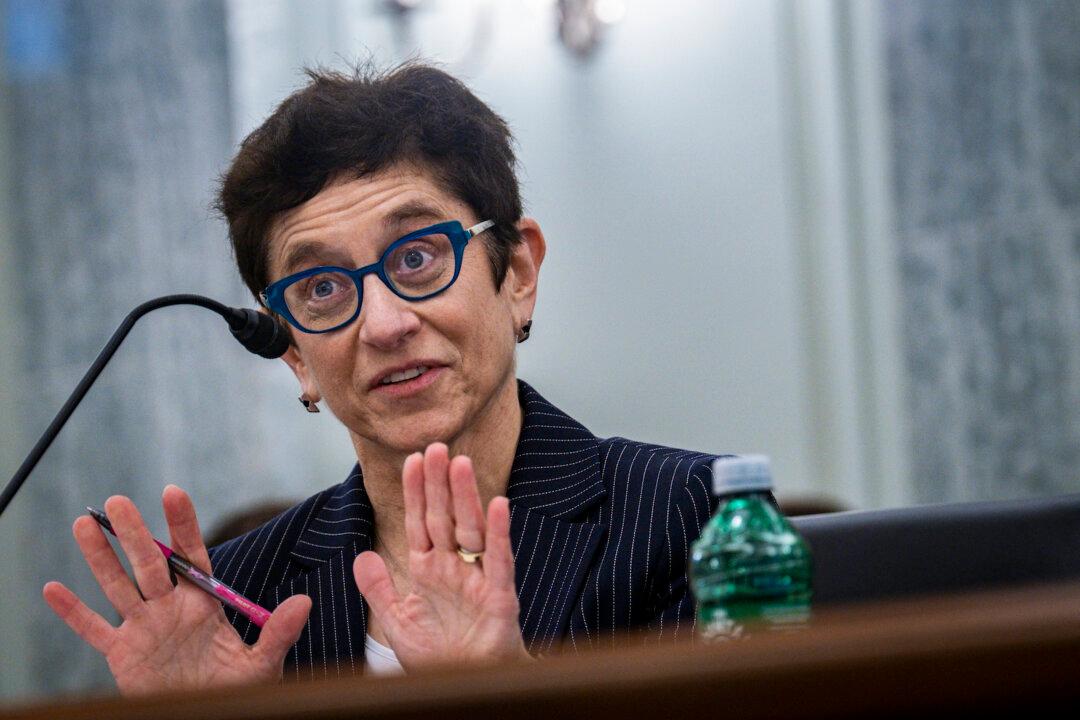Former South Carolina Gov. and U.N. ambassador Nikki Haley targeted the political establishment in Washington during her 2024 presidential campaign kickoff speech, calling for a generational change in leadership and, among other things, mandatory mental competency tests for politicians over 75.
“America is not past our prime,” Haley, 51, said during her speech to an adoring crowd in Charleston, S.C. on Feb. 15. “It’s just that our politicians are past theirs.”




